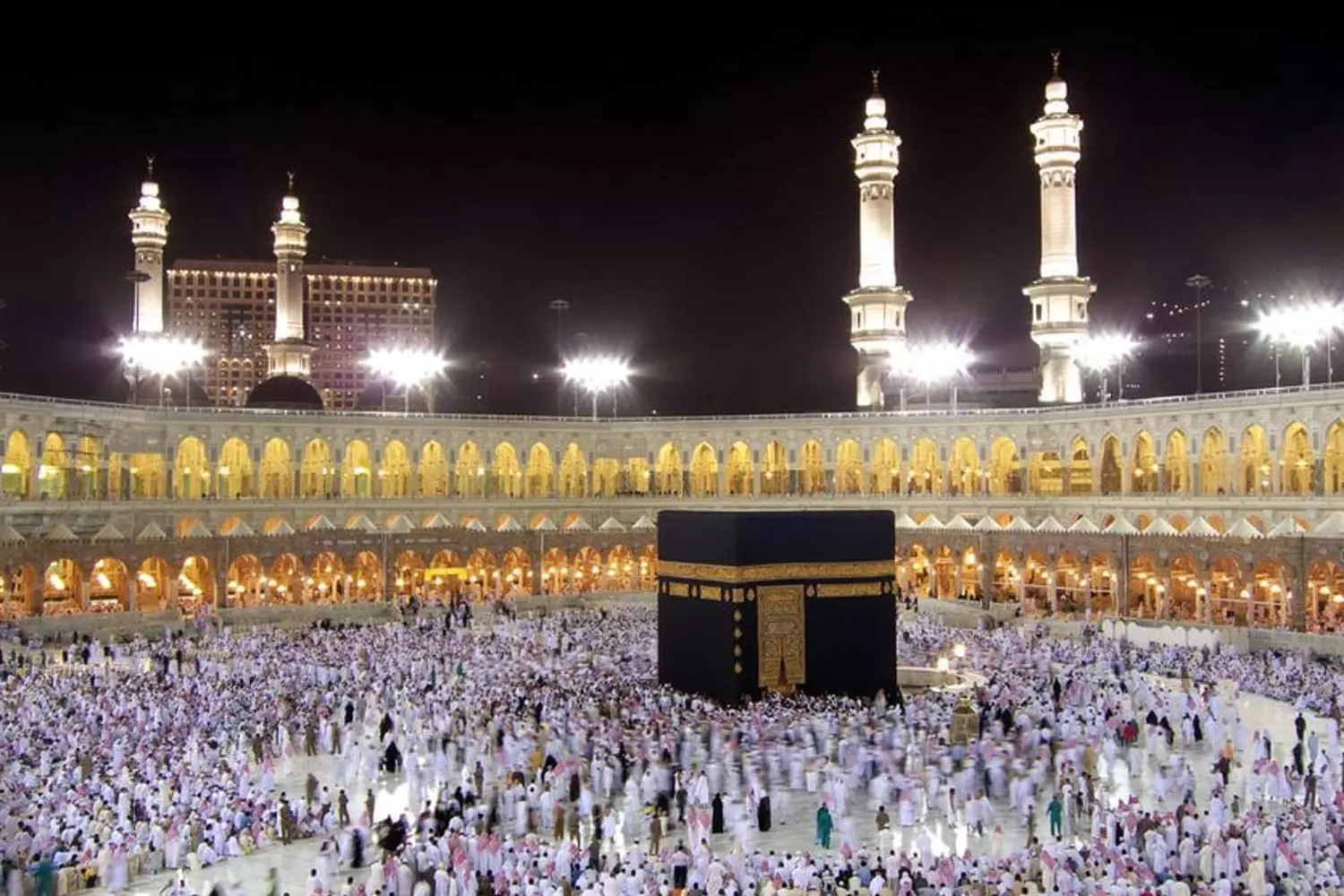Performing ablution is the first step in preparing for prayer and is in itself an act of worship, which is why it is important to ensure that it is done correctly. Be sure not to waste water and know that your ablution (wudu) washes away small sins.
Woudou minor ablutions
Whether you’re doing Wudu for the first time or just want to refresh your memory, the steps below make it easy. So start by saying “Bismillah” and intend to perform ablution (Nya).
The stages of Wudou
- Wash your hands thoroughly up to the wrists three times. One time may be enough but the sunnah of the Prophet (peace be upon him) is to do it three times. This is valid for all the following actions.
- Rinse your mouth three times while swirling the water
- Rinse your nose three times by blowing out the water with your left hand to remove the water from your nose.
- Wash your face three times, from hairline to chin and ear to ear, making sure the entire face, eyebrows, under nose and lips are washed. A man should wash the hair from his beard, if he has any. If his beard is thin, he should make sure the water reaches the skin, and if it is thick, he should wash the surface and run his wet fingers through it.
- Then wash your arms and hands from fingertips to elbows three times. It is essential to remove anything that could prevent water from reaching the skin.
- Wipe your after head by starting with your hands at the front of your head, working towards the back of your head, then forward again. When it comes to a woman’s hair, she should wipe it from the front of the head to the hair roots at the nape of the neck. She does not need to wipe the entire length of her hair.
- Wipe your ears by placing your index finger in your ears and wiping the back with your thumbs.
- Wash your feet three times up to the ankles, making sure to wipe between your toes with your little finger. Don’t forget the back of your ankles.
At the end of Wudu
Finish your ablution with the dua – Ach-hadou ‘anna la’ ilaha ‘illa llaah wa ach-hadou, ‘anna Mohamed abdehu wa Rasooloh – Which can be translated as: I testify that no one has the right to be worshipped except Allah alone, who has no partner and I testify that Muhammad is his slave and his messenger.
Ablution in Islam
Finish your Islamic ablution with the dua – Ach-hadou ‘anna la’ ilaha ‘illa llaah wa ach-hadou, ‘anna Mohamed abdehou wa Rasooloh – Which can be translated as: I testify that no one has the right to be worshiped except Allah alone, who has no partner and I bear witness that Muhammad is his slave and messenger.
How long is the Wudu valid?
Indeed, Wudu does not need to be repeated before each prayer if one remains in a ritual state of purity from the previous prayer. If one “breaks wudu”, the ablutions must however be repeated before the next prayer. Actions that break Wudu include:
- Natural discharge – urine, stools, gas, vomiting, etc.
- Fall asleep
- fall unconscious
- Bleeding from a wound
The major ablution Al Ghosl
The Ghosl where major ablution is obligatory after:
- a sexual relationship
- an ejaculation
- penetration, even without ejaculation
- at the end of a woman’s menstrual cycle.
- The major ablution is recommended on Friday, before the great prayer.
The stages of major ablution are as follows:
- Wash his private parts.
- Perform ablutions as for prayer without wiping your head and washing your feet.
- Pour water over his head.
- Wash his whole body starting with the right parts.
- Wash your feet to finish.
The major ablution thus allows to be able to touch the Koran and read its verses, to make the prayer and to make the Tawaf.
Why ablution?
Ablution (wudu) helps the worshiper break away from normal life and prepare to enter a state of worship. Woudou also refreshes the mind and heart and leaves a feeling of cleanliness and purity.
Allah says in the Quran: “O believers! When you get up for Salat, wash your faces and your hands up to the elbows; pass wet hands over your heads; and wash your feet to the ankles. And if you are polluted “junub”, then purify yourselves (by a bath); but if you are sick, or on a journey, or if any of you return from the place where he relieved himself, or if you touched women and found no water, then resort to the pure land. , apply it to your face and hands. Allah does not want to impose any embarrassment on you, but He wants to purify you and perfect His blessing upon you. Maybe you will be grateful. Surah Al Maida – The Served Table (5:6).
Ablution also has a lot of health benefits, according to recent scientific studies.
Exceptions to ablution
Islam is a practical faith, and Allah in His Mercy asks no more of us than we can bear.
If water is not available, or if one has medical reasons why ablution with water would be harmful, one can indeed, perform a more minimal Islamic ablution with sand (stone or earth) clean and dry. This is called ‘tayammum’ (dry ablution) and is mentioned specifically in the Quran.
After ablution, if one puts on clean socks/shoes that cover most of the foot, there is no need to remove them to wash the feet again when renewing ablution. Instead, wet hands can be run over the tops of socks/shoes instead.
Practical advice
If you cannot stand, you can perform ablution while sitting in a chair.
The Prophet Mohammad used to brush his teeth before doing wudu.
You should follow the steps of ablution in order and without taking long breaks between each step.

